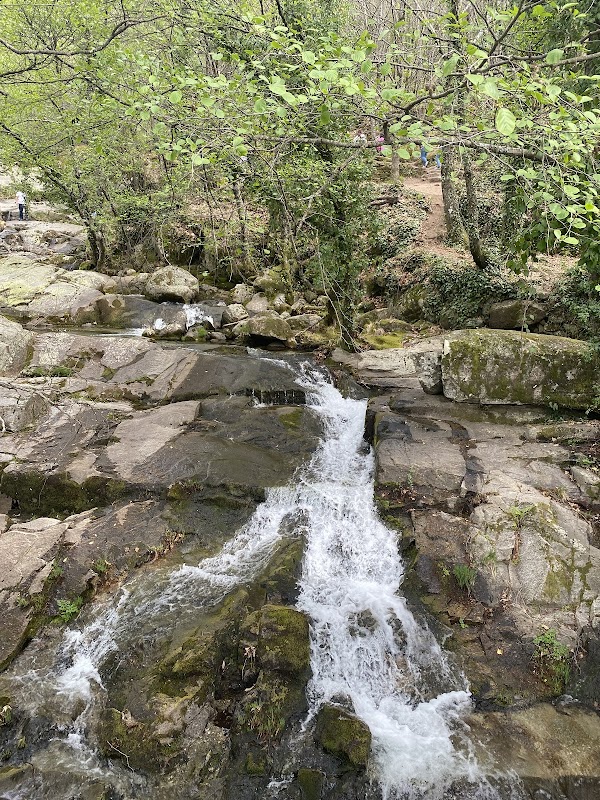
Garganta de los Infiernos Natural Reserve Adventures
Garganta de los Infiernos Natural Reserve is a protected area known for its dramatic rocky gorges, crystal-clear rivers, and rich biodiversity, offering excellent hiking and wildlife observation opportunities.
About Garganta de los Infiernos Natural Reserve

Located in the Jerte Valley of Extremadura, Spain, Garganta de los Infiernos Natural Reserve protects a remarkable landscape formed by deep granite canyons carved by the Jerte River. The reserve encompasses steep cliffs, natural pools, waterfalls, and lush Mediterranean forests dominated by oaks, chestnuts, and holm oaks. This area is an important habitat for several species at risk, including the endangered Spanish imperial eagle and the Eurasian otter. The reserve's name, 'Throat of Hell,' refers to its dramatic gorge formations but it offers tranquil spots ideal for swimming in its natural pools. The history of the reserve includes millennia of human interaction, from Roman times to traditional farming and chestnut cultivation, which shaped the cultural and natural environment. Hiking is the primary activity, with well-marked trails providing access to waterfalls like the Garganta de los Infiernos waterfall and viewpoints overlooking the canyon. Birdwatching and photography are popular due to the abundant wildlife and scenic views. The area appeals to visitors who enjoy outdoor adventure combined with cultural richness. Seasonal changes bring vibrant blooms in spring and crisp, clear weather in autumn, enhancing the experience. Conservation efforts focus on protecting water quality, native species, and maintaining traditional land uses that support biodiversity.
Highlights
Natural rock pools along the Jerte River perfect for swimming
Dramatic granite gorges providing stunning geological formations
Habitat for the endangered Spanish imperial eagle and otters
The Garganta de los Infiernos waterfall, a picturesque landmark
Notable Natural Features
Jerte River Pools
Natural granite pools along the river ideal for swimming and cooling off during warmer months.
Granite Gorges
Steep and deep rocky canyons carved by erosion that create dramatic landscapes and diverse microhabitats.
Spanish Imperial Eagle Habitat
One of the few strongholds for the endangered eagle, providing opportunities for wildlife observation.
